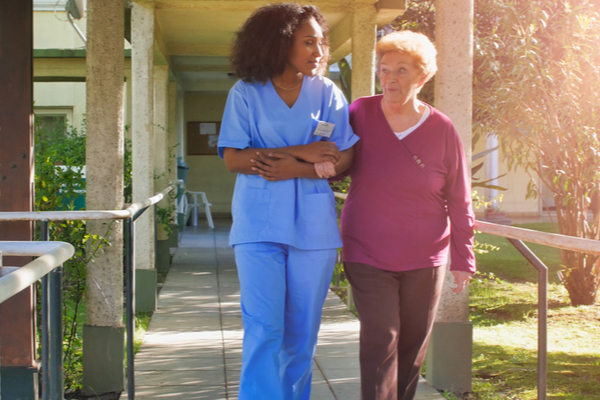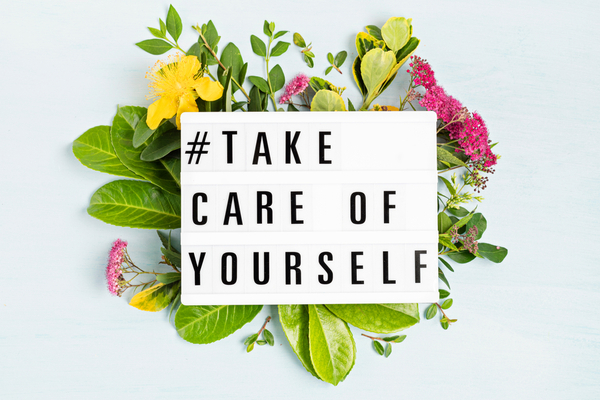Supporting mental wellbeing for elderly
Loneliness and isolation are areas of concern for older Australians’ mental wellbeing at the best of times.
As many of us try to do the right thing and keep our distance to keep one another safe, we also need to find ways in which to support the mental wellbeing of the elderly individuals in our lives.
The impact of isolation on the elderly
The impacts of loneliness and isolation can be far-reaching, taking a toll on emotional, physical and mental wellbeing. Periods of isolation can result in depression, anxiety, tiredness, sleep problems, loss of appetite, substance use and body aches. In fact, research suggests that a lack of social connection can carry health risks equivalent to other known risky behaviours such as smoking 15 cigarettes a day.
In some situations, pre-existing health conditions may worsen or thoughts of self-harm could even arise. The news is continually highlighting that older people have the highest risk of severe illness or death from contracting COVID-19, which is likely to cause distress for many in that category.
With this in mind, it is more important than ever to monitor the wellbeing of the elderly, whether they are individuals in your care as an aged care professional, or your own family and friends.
Tips for supporting seniors’ mental wellbeing
Although visitation is now possible, we still need to practice some degree of social distancing. Luckily, there are a variety of ways in which we provide support without breaching guidelines or putting health at risk.
Create opportunities for hobbies
Whether it’s utilising online classes or just helping source supplies, creating hobbies can provide the elderly with a sense of purpose and keep the brain alert. Craft, knitting, singing, card tricks, drawing, writing — the options are endless.
Find a good show or book
Television shows can provide an escape when we need it, and the same goes for books. Distraction can often be useful tool for calming the mind or reducing feeling of depression. Help older Australians in your care to find a show or book that they enjoy; audiobooks are another option that could be useful.
Provide help with technology
While video conferencing may come naturally to many of us, for seniors in our communities it could be quite new and seem impossible to get up and running. A little support with getting their technology online and ready to go can help them stay in contact with loved ones and provide much-needed interaction.
Schedule in check-ins
Make a set time or day to have a chat and check-in with the wellbeing of elderly individuals so that they know that opportunity is coming up to talk to someone about what they’re experiencing. Encourage family members to do the same.
Know where to reach out
When times get tough, there are many resources available for the elderly to reach out and access support for their mental health and wellbeing. We have compiled some useful wellbeing resources to recommend and use.
We are dedicated to supporting our learners and clients during this time. For any needs or questions, please reach out to us.




